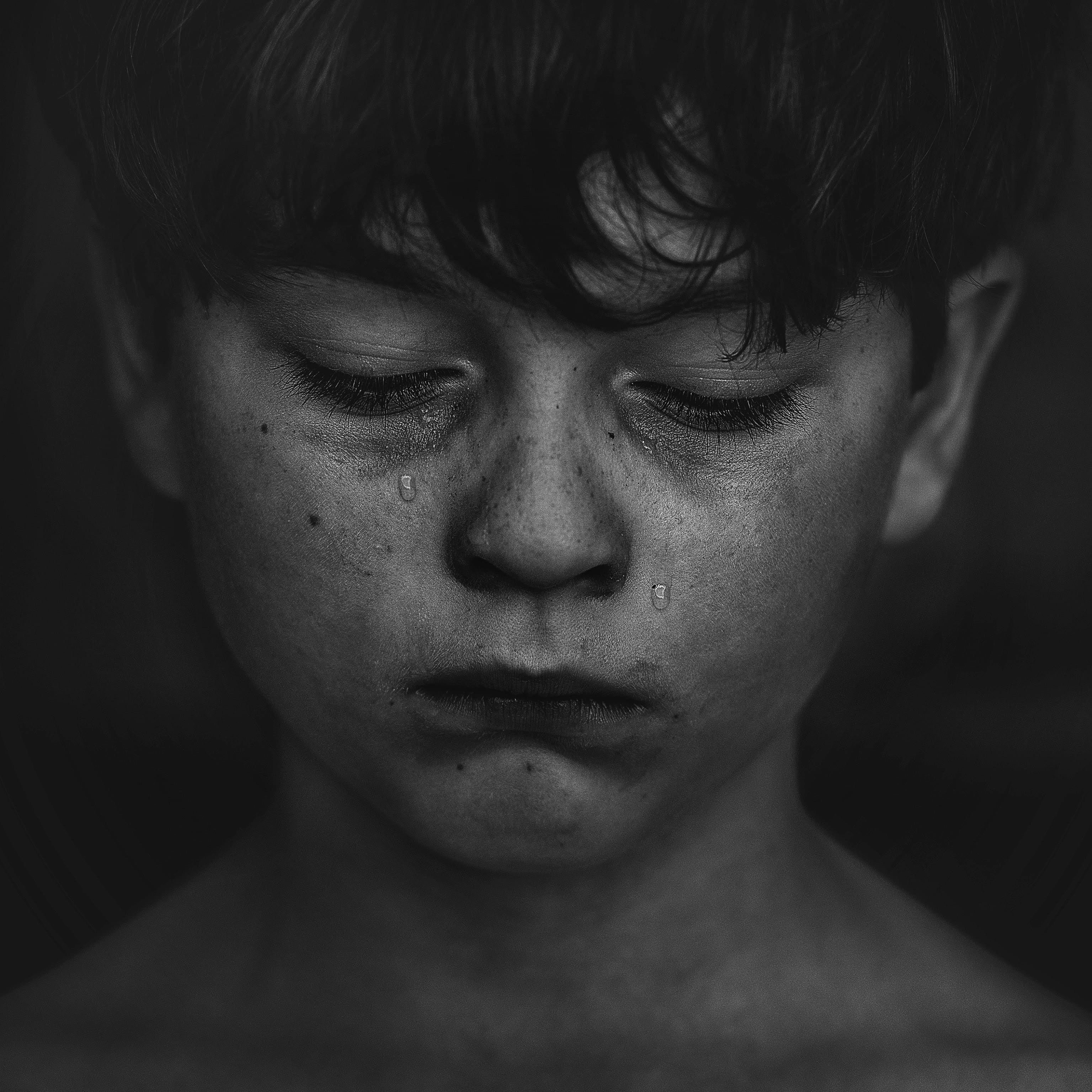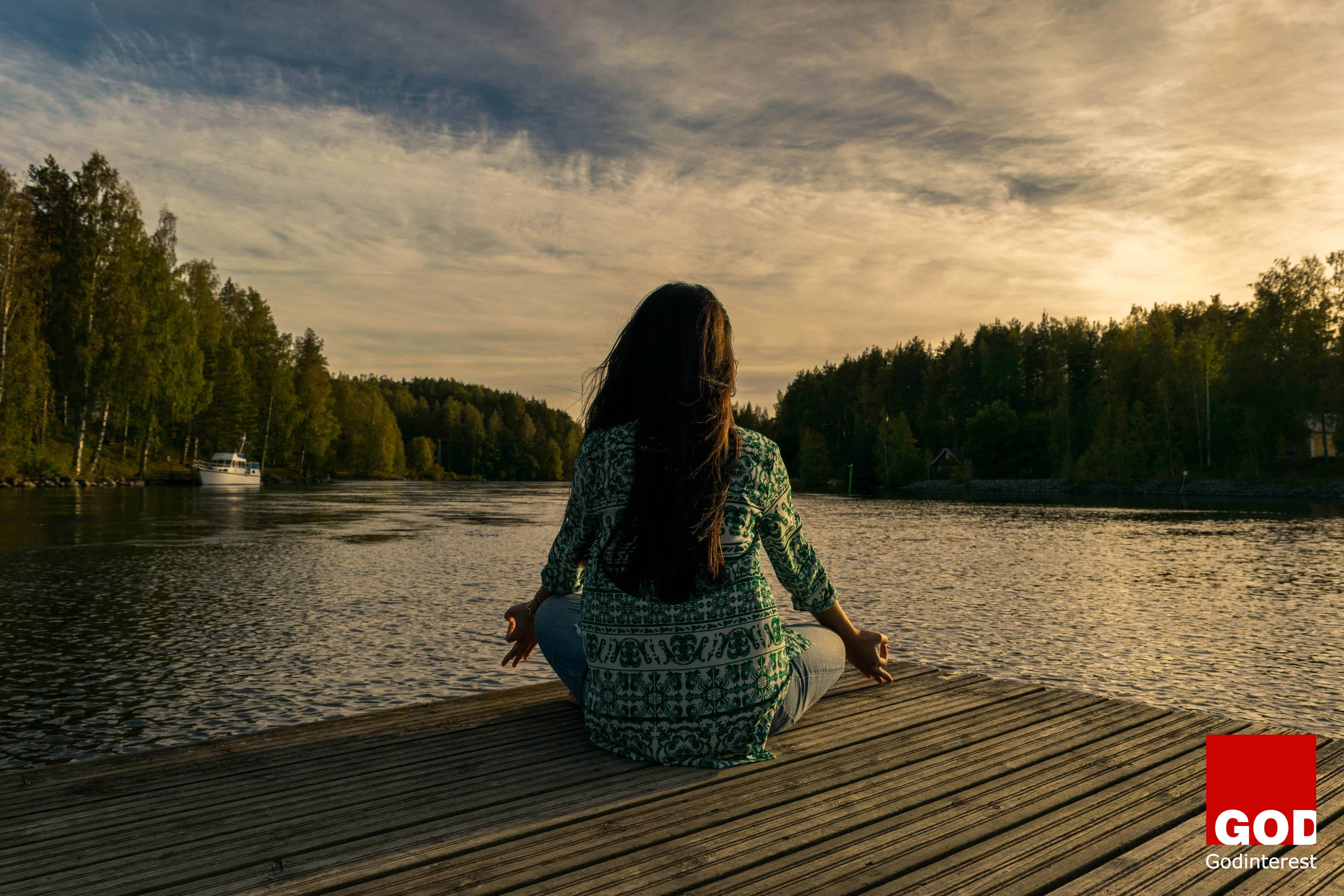The Independent Inquiry into Child Sexual Abuse (IICSA) in England and Wales was announced by the British Home Secretary, Theresa May, on 7 July 2014. The inquiry was established to examine how the country’s institutions handled their duty of care to protect children from sexual abuse. The (IICSA) in England and Wales has been investigating claims against local authorities, religious organisations, the armed forces and public and private institutions – as well as people in the public eye.
In May 2019 the IICSA announced it was widenening its inquiries scope to include a review of child protection and policies in organisations belonging to religious organisations across the country.
(IICSA) recently announced it was widenening its inquiries scope to include a review of child protection and policies in organisations belonging to religious organisations across the country.
Investigation will include Christian, Islamic, Jewish and Buddhist organisations
Set up in 2015 the IICSA investigates institutions which failed to protect children from sexual abuse. The investigation prior to the announcement yesterday only dealt with Christian cases when probing religion.
The new investigation will review the current child protection policies, practices and procedures in religious institutions in England and Wales and is separate from the IICSA investigations into the Anglican and Roman Catholic churches.
Religious groups falling under the scope of this new investigation will include non conformist Christian denominations such as the Jehovah’s Witnesses, Methodists, Islam, Judaism, Sikhism, Baptists, Hinduism and Buddhism.
Mosques, synagogues, churches and temples also fall within the scope of the investigation together with places of faith teaching such as Muslim madrassahs and Christian Sunday schools and places where children and young people gather in connection with their religious beliefs, including but not limited to youth groups and camps.
Last year, several people contacted the Guardian with allegations of child sexual abuse and other mistreatment in Jehovah’s Witness communities in the UK.
More than one in 10 survivors of child sexual abuse (11 per cent) who shared their accounts with the Inquiry’s Truth Project reported sexual abuse in a religious institution. Of this group, almost a quarter (24 percent) told the Inquiry they were abused in institutions in scope of this new investigation, including Jehovah’s Witnesses, Baptists, Methodists, Judaism and Islam. Not all participants provided details about the religious denomination of the institution or perpetrator.
They described a culture of cover-ups and lies, with senior members of the organisation, known as elders, discouraging victims from coming forward for fear of bringing “reproach on Jehovah” and being exiled from the congregation and their families.
Dino Nocivelli, a specialist child abuse solicitor at BoltBurdonKemp and an ambassador for the Survivors Trust, welcomed the move. “Finally!” he tweeted. “IICSA has agreed to look into #childabuse in a number of religions to include Jehovah’s Witnesses, Islam, Judaism and others #BreakTheSilence #StopChildAbuse.”
Justin Welby, the archbishop of Canterbury and leader of the Church of England, and Vincent Nichols, the archbishop of Westminster and most senior Catholic cleric in England and Wales, have both given evidence in person, apologising for abuse and its cover-up.
A preliminary hearing will take place at 2pm on 23 July 2019 and public hearings will take place in 2020.
What is the IICSA investigating?
The inquiry’s public hearings consist of 13 separate investigations, which are expected to last until 2020.
What have we learned so far?
Three of the investigations are now complete, along with a case study of abuse in Ampleforth and Downside Roman Catholic schools.
They found:
- thousands of people forcibly sent abroad as children, many of whom were abused in institutions, should receive compensation. The government has subsequently opened a compensation scheme to pay £20,000 each to about 2,000 eligible survivors
- the former council leader in Rochdale, Richard Farnell, “lied” in evidenceto the inquiry and his claim that he was unaware of abuse in a hostel, school and other places in the town over 20 years “defies belief”. He rejected those conclusions
- children in custody in England and Wales are still at risk of physical and sexual abuse, with more than a thousand reported incidents between 2009 and 2017
- the Catholic schools “prioritised monks and their own reputations over the protection of children”, meaning pupils suffered “appalling” abuse over a 40-year period
An interim report has also been published, which concluded that common responses to child abuse “deflected responsibility away from perpetrators and institutions”.
It is highly likely that you know a child who has been or is being abused.
- Experts estimate that 1 in 10 children are sexually abused before their 18th birthday.
- 30% of children are abused by family members.
- As many as 60% are abused by people the family trusts.
- About 35% of victims are 11 years old or younger.
- Nearly 40% are abused by older or larger children.
Stranger danger is a MYTH.
Research shows that the greatest risk to children doesn’t come from strangers, but from friends and family. People who abuse children look and act just like everyone else. In fact, they often go out of their way to appear trustworthy, seeking out settings where they can gain easy access to children, such as sports leagues, faith centers, clubs, and schools.




